Description
What happens when feminism excludes the very women it claims to liberate? In this powerful conversation, Minna Salami (Can Feminism Be African?) and Shahed Ezaydi (The Othered Woman) explore the erasures, assumptions, and possibilities at the heart of global feminist discourse.
Drawing on African political philosophy, lived experience, and intersectional critique, they unpack how feminism can become a tool of dominance — and how it might be reimagined through radically inclusive lenses.
From the politics of selfhood to the violence of white feminism, this is an urgent dialogue about power, plurality, and the futures feminism must confront.
Related Books
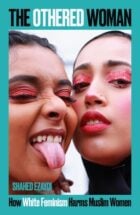
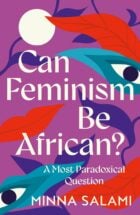
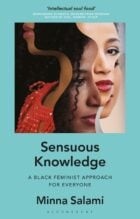
About the Authors
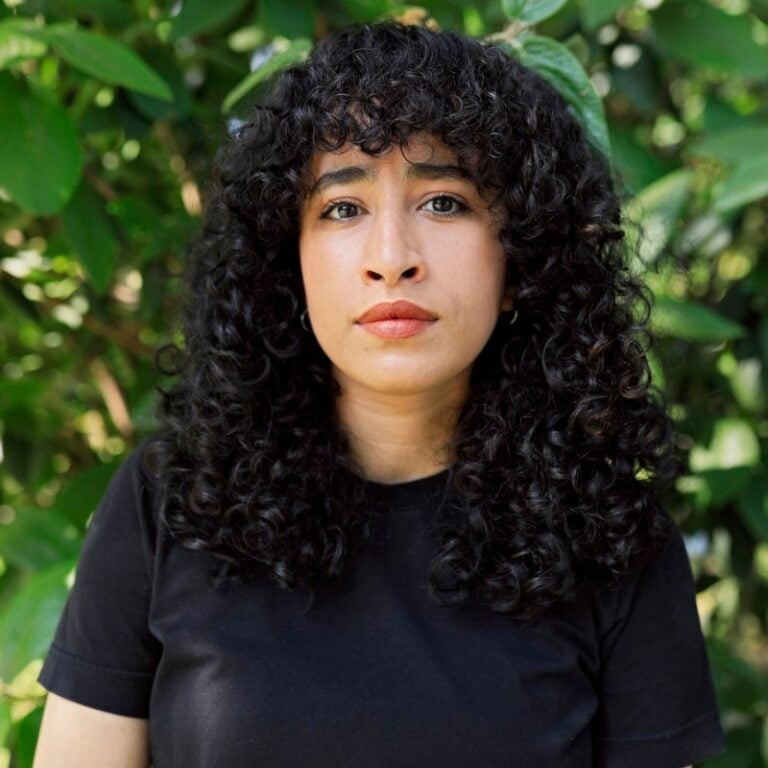
Shahed Ezaydi
Shahed Ezaydi is a British Libyan writer, editor, and journalist based in London, known for her work on politics, feminism, and social issues. Ezaydi is currently a staff writer at Stylist Magazine and has contributed to various publications, including Dazed, Glamour, gal-dem, and The New Arab .
Her debut book, The Othered Woman: How White Feminism Harms Muslim Womenexamines how white feminism intersects with Islamophobia, often marginalizing Muslim women’s voices and experiences .
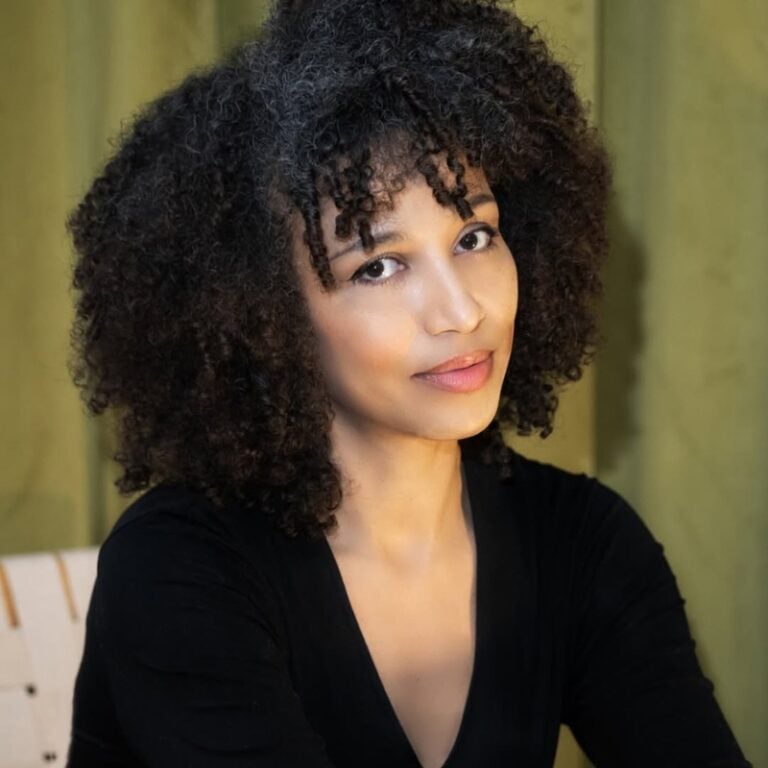
Minna Salami
Minna Salami is a Nigerian-Finnish-Swedish feminist author, social critic, and public intellectual whose work centres on Black feminist theory, African thought, and the politics of knowledge production. Salami is the author of Sensuous Knowledge: A Black Feminist Approach for Everyone (Bloomsbury, 2020), a work that reimagines universal concepts through a Black feminist framework and her latest release, Can Feminism Be African?, explores the intersections of African identity and feminist theory.
About the Chair
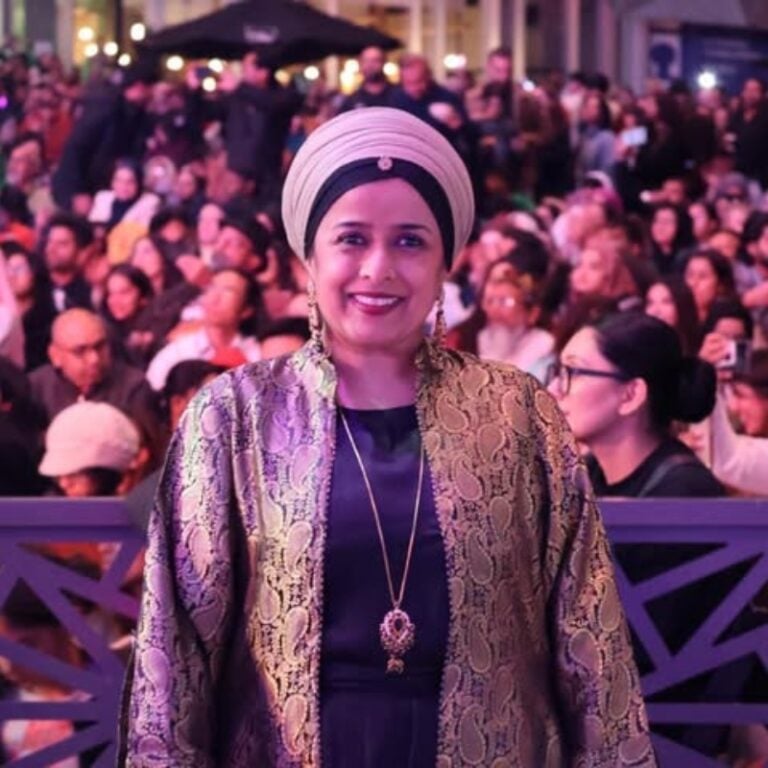
Tasneem Chopra
Tasneem Chopra OAM is an Australian cross-cultural consultant, celebrated keynote speaker, writer, and champion of diversity, equity, and inclusion (DEI).
With academic credentials including a Bachelor’s in Psychology & Sociology (Swinburne University) and a Master’s in International Development (La Trobe University), Tasneem serves as an Adjunct Fellow at Victoria University, was appointed inaugural Ambassador for Women of Colour Australia and awarded the Order of Australia Medal in 2020 for services to community diversity leadership.
Join Our Mailing List
By submitting this form you agree to our Privacy Policy and to receive marketing emails, including e-newsletters and event updates from Bradford Literature Festival.
